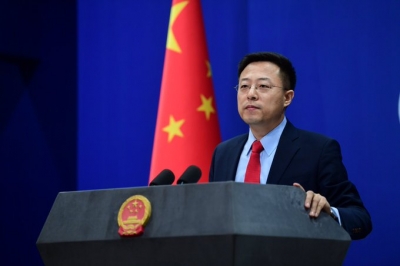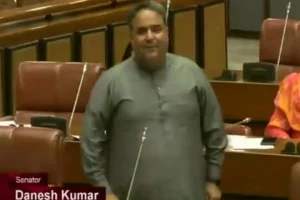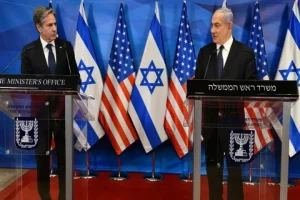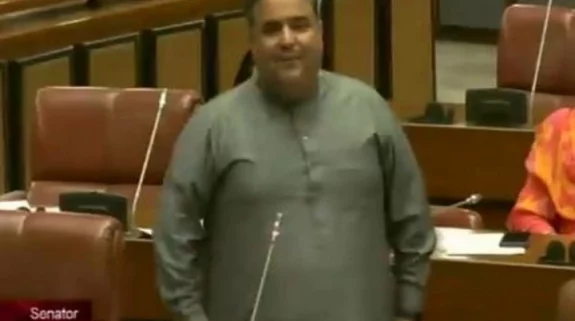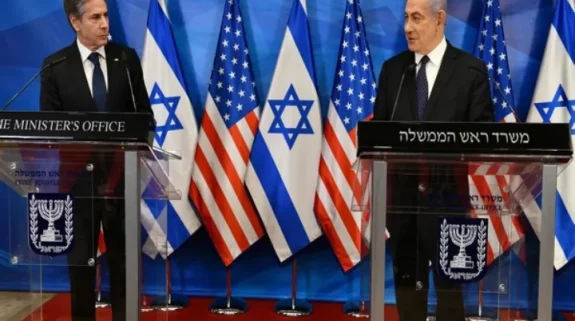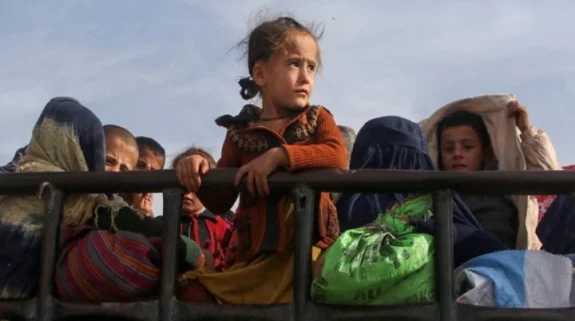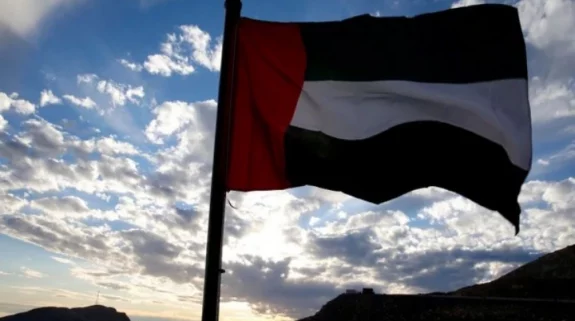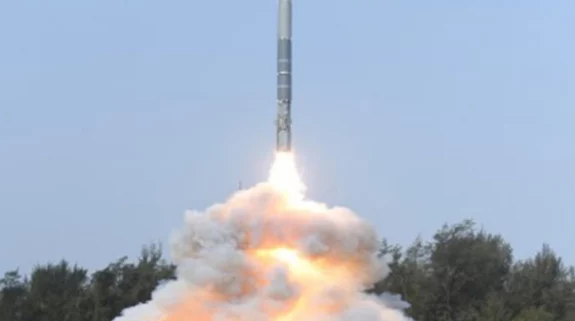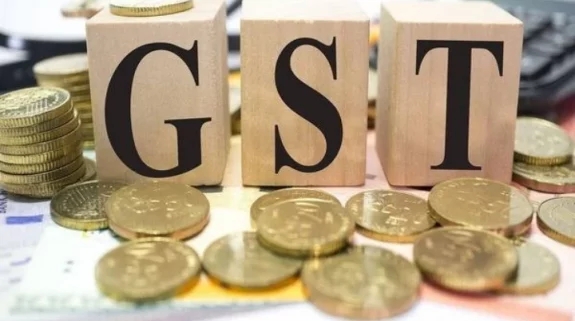Atul Aneja and Mahua Venkatesh
China on Monday accorded a restrained welcome to the India and Pakistan’s decision to resume “active interactions”. In his daily foreign ministry briefing, the Chinese Foreign Ministry spokesperson Zhao Lijian, himself an old Pakistan hand, said that China has was "happy" at the resumption of communication between New Delhi and Islamabad.
He said that China would work with Pakistan to inject "more positive energy" into regional peace, stability and development.
“We are happy about the active interactions between Pakistan and India,” Zhao said.
The Chinese spokesperson was responding to a flurry of interactions between India and Pakistan following the resumption of the ceasefire agreement between New Delhi and Islamabad, which was earlier signed in 2003. Separately Pakistan Prime Minister Imran Khan and Army chief Gen Qamar Javed Bajwa said that the two countries must look at peace and that it was time to “bury the past and move forward”.
Analysts point out that both Pakistan and China have a shared interest in safeguarding the China Pakistan Economic corridor (CPEC). Starting from Gwadar on the sea coast of Balochistan, it has to pass through Gilgit Baltistan that is claimed by India, before it reaches Kashgar, its final destination in Xinjiang. So long as there is a danger of political turbulence, allegedly encouraged by India, in both Balochistan and Gilgit Baltistan, CPEC, Chinese President Xi Jinping’s prestige project, cannot be firmly secured. Consequently, both Pakistan and China have a shared interest in arriving at a modus vivendi with India. India, from its perspective, may not be averse to the triangulation of the situation for two reasons. First, if it can avoid the possibility of a two-front war with China and Pakistan, it would serve New Delhi’s core security interests eminently. Second, if China, because of CPEC, encourages Pakistan to go ahead with the normalization of ties with India, it would add durability to dialogue process that is likely to commence between New Delhi and Islamabad.
Also read: Modi's greetings to Imran Khan–thaw in India -Pakistan ties can no longer be ruled out
Ties between India and Pakistan, two nuclear weapon powers, had gone steeply south after the 2019 Pulwama attack in which 40 Indian paramilitary troops had been killed. After this horrific incident which triggered India’s air strikes at a terror camp in Balakot in Pakistan, India had retracted the Most Favoured Nation (MFN) status accorded to Pakistan.
Also read: Indus Water Treaty negotiations: Can India and Pakistan bridge the gap?
According to data, in 2018-19, Pakistan’s exports to India was just 2 per cent of its total exports. Similarly, only 3 per cent of its overall imports were sourced from India.
A foreign policy expert pointed out that within Pakistan, there is growing impatience with the deterioration of the economic and social indicators amid apprehensions that the country may be slipping into a debt trap.






